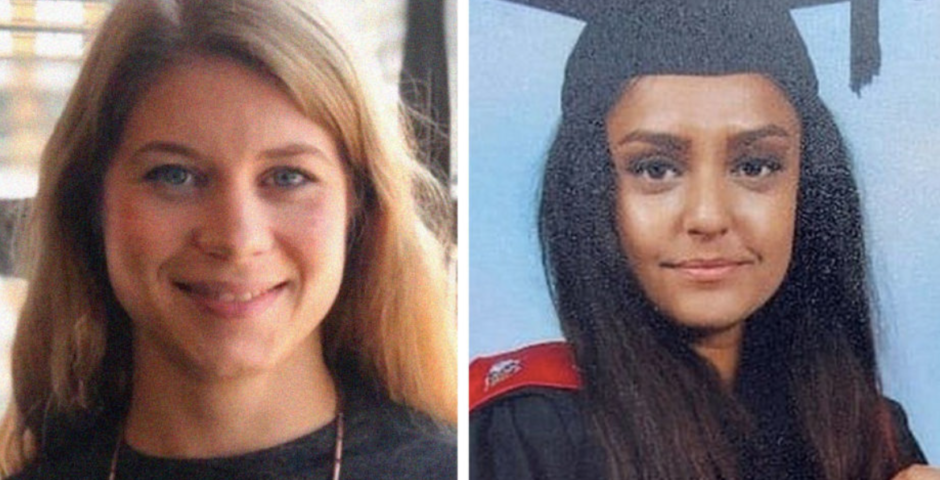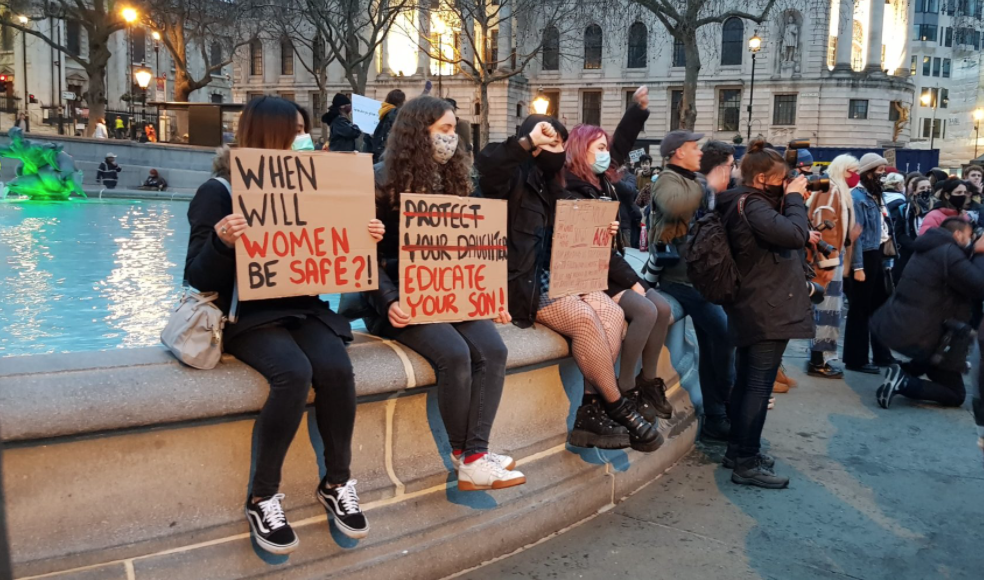
Violent crime against women is being declared an ‘urgent national priority’ and it’s about time
It will have the same status as terrorism
The Government has finally declared violence against women and girls as an “urgent national priority”, meaning that it will be added to the strategic policing requirement and police will be required by government to treat it as a major priority.
This move follows months of national outcry about the response to levels of violence against women, particularly since the high profile case of Sarah Everard, where a Met Police officer, Wayne Couzens abused his powers to abduct, rape and murder her in March. Rape convictions have also reached historically low levels.
Now, ministers are finally acknowledging the epidemic of violence against women and that it needs to be made one of the most urgent national crimefighting priorities. It’s about time- but what does this really mean?

The Home Office will add violence against women and girls to the strategic policing requirement, according to the Times. This national initiative sets out what resources police forces must use to respond to specific crimes. It means female violence has been elevated to the same priority level as terrorism, serious and organised crime and child sexual abuse.
There have been various promises made since the incident involving Sarah Everard, including changes to the domestic abuse bill, the government’s “once in a generation” plan to tackle violence and a new website to log unsafe spaces; but will this next one be enough?
In 2019-20 57,000 rapes were reported to the police but there were only 1,109 convictions, the lowest in history. Three quarters of domestic abuse cases result in no further action. On top of all of this, the majority of harassment and stalking offenders have simply escaped prosecution- instead handed informal punishments such as rehab courses or an apology to the victim.
Policing priorities are published annually by the home secretary. The requirements set in place to tackle violence against women and girls are currently unclear.
However, the main focus is to ensure forces work together to tackle shared threats and that enough money and manpower are focused on the most serious criminal issues.
The proposed change came after police forces were accused of a “male brotherhood” culture that disregarded female violence and harassment.
Dame Vera Baird, the victims commissioner, said that police were protective of each other because of male “bonding” and that rape investigation units looked into the credibility of complainants more than the offences of perpetrators. She told senior officers that offenders were emboldened by the “essentially male brotherhood culture” in policing.
Maggie Blyth, the deputy chief constable of Hampshire police and the new national police lead for violence against women and girls, said police forces would put a “relentless focus on perpetrators”.
Related stories recommended by this writer:
• A lot of promises were made after Sarah Everard’s death, but what has actually changed?
• Women are sharing how men can make them feel more safe at night
• The UK unis with the most reports of sexual harassment and assault on Everyone’s Invited





















